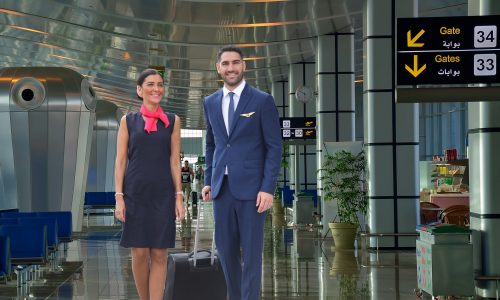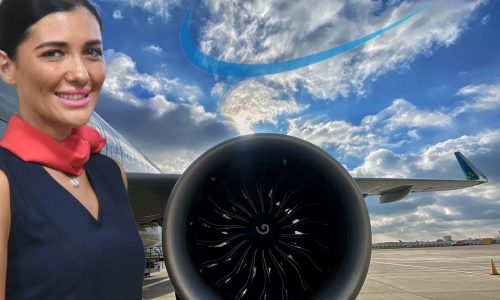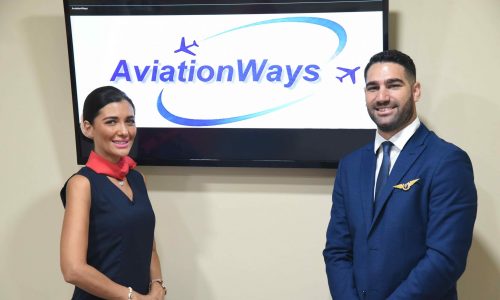Πραγματοποιήστε τα όνειρά σας κάνοντας το επαγγελματικό σας βήμα αποκτώντας το Ευρωπαϊκό Πιστοποιητικό Πληρώματος Θαλάμου επιβατών (EASA CABIN CREW ATTESTATION).
Το Ευρωπαικό Πιστοποιητικό Αεροσυνοδού είναι διεθνώς αναγνωρισμένο και καλύπτει όλο το φάσμα των γνώσεων που απαιτούνται για μια επιτυχημένη καριέρα σας στον κλάδο των Αεροπορικών Εταιρειών.
Η εκπαίδευση είναι ιδανική για όσους αναζητούν μια νέα καριέρα ως πλήρωμα καμπίνας ή για όσους έχουν προηγούμενη εμπειρία πτήσης και επιθυμούν να αποκτήσουν Ευρωπαική πιστοποίηση για να εργαστούν σε οποιονδήποτε Αερομεταφορέα παγκοσμίως.
Η αρχική εκπαίδευση πληρώματος θαλάμου επιβατών μαζί μας είναι πιστοποιημένη από την Ελληνική Αρχή Πολιτικής Αεροπορίας με αριθμό πιστοποίησης EL-CCTO-018 και τον Ευρωπαϊκό Οργανισμό Ασφάλειας Αεροπορίας (EASA).


Η εταιρεία μας ιδρύθηκε από έμπειρα και καταξιωμένα στελέχη με πολυετή εμπειρία στον Αεροπορίκό χώρο.
Οι έμπειροι εκπαιδευτές μας ενημερώνονται διαρκώς με όλους τους πιο πρόσφατους διεθνείς και ευρωπαϊκούς κανονισμούς καθώς και τα αεροπορικά πρότυπα.
Η απόκτηση του διπλώματος είναι ένα ουσιαστικό βήμα για τους συμμετέχοντες που επιθυμούν να προσληφθούν από μεγάλες ευρωπαϊκές και διεθνείς αεροπορικές εταιρείες.
Θεωρείται βασικό και πολύ σημαντικό προσόν για την επαγγελματική σας επάρκεια.
Η ομάδα μας είναι εδώ για να απαντήσει σε όλα τα αιτήματά σας για πληροφορίες σχετικά με τις προυποθέσεις, το κόστος και τις επερχόμενες εκπαιδεύσεις μας. Επικοινωνήστε μαζί μας ή με τους εκπροσώπους μας τώρα!


Η Αρχική εκπαίδευση πληρώματος θαλάμου επιβατών καλύπτει την απαιτούμενη Θεωρητική και Πρακτική Εκπαίδευση.